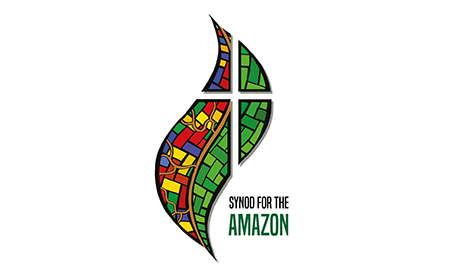Issues on the table at the upcoming Vatican summit on the Amazon region are not just political and ecclesiastical, but also down to earth and mundane, including the funding difficulties for Amazonian dioceses and parishes.
According to local bishops, the geographic and economic challenges in the Amazon make the Catholic mission in the region a very expensive one, but there aren’t many monetary resources. In other words, the Amazonian Church currently faces a financial crisis.
Bishop Flávio Giovenale of the diocese of Cruzeiro do Sul in the State of Acre, explained that the Church in the Amazon had been financed by international agencies and religious congregations until the 1990s, when the dioceses had to become self-sustaining.
“Each diocese used to be managed by an international congregation, such as the Salesians and the Spiritans, which brought money from other countries. But in the 1990s the support Brazil received started to be redirected to poorer countries,” the bishop said.
Since then, the Church in the Amazon region has relied mainly on its own parishioners and on scarce donations from other parts of Brazil.
“But outside the major urban areas of the Amazon, there isn’t a healthy economy. People just don’t have money to contribute,” Giovenale told Crux.
Since the beginning of the preparatory works for the Oct. 6-27 Synod of Bishops, local bishops have been stressing that they want to move from “a Church that visits to a Church that remains.”
The current “ministry of visits,” Giovenale said, is one of the main reasons for the financial hardships in the region.
“The other day, I had to go to a small city called Eurinepé. I took a bus to Feijó [170 miles from Cruzeiro do Sul] and then a very small plane, because there are no roads there. For a visit of only a couple of days, I had to spend almost the equivalent of a monthly minimum wage in Brazil [around $240],” he explained.
If Giovenale’s trip also required a boat – in the Amazon, the rivers are the main connectors between cities – the total cost could easily run $480.
“Most dioceses make a huge effort to pay their priests a salary equivalent to twice the minimum wage – and we rapidly spend a similar amount of money when traveling for just a few days,” the bishop said.
Without the proper funding, it’s been difficult to keep the local dioceses functioning, said Bishop Mário Antônio da Silva of the diocese of Roraima, who serves as the Vice-President of the Brazilian National Conference of Bishops. Continue reading
- Image: Today’s Catholic
Additional reading
News category: Analysis and Comment.




